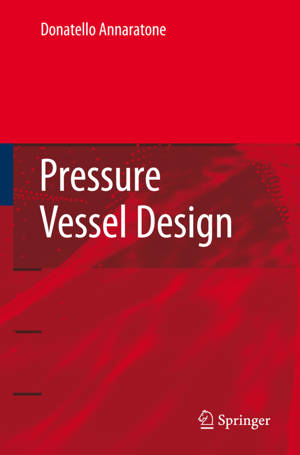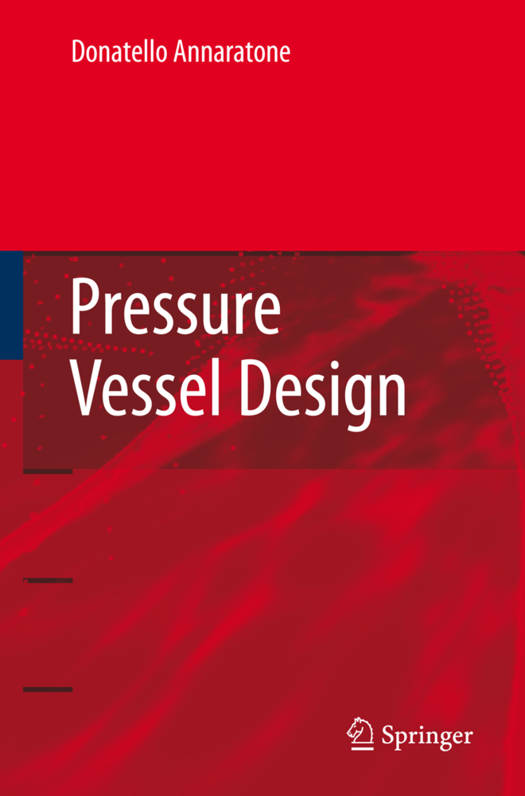
Je cadeautjes zeker op tijd in huis hebben voor de feestdagen? Kom langs in onze winkels en vind het perfecte geschenk!
- Afhalen na 1 uur in een winkel met voorraad
- Gratis thuislevering in België vanaf € 30
- Ruim aanbod met 7 miljoen producten
Je cadeautjes zeker op tijd in huis hebben voor de feestdagen? Kom langs in onze winkels en vind het perfecte geschenk!
- Afhalen na 1 uur in een winkel met voorraad
- Gratis thuislevering in België vanaf € 30
- Ruim aanbod met 7 miljoen producten
Zoeken
Omschrijving
1 Industrial Sectors Interested in Pressure Vessels Pressure vessels are probably the most widespread "machines" within the di?erentindustrialsectors.Infact, thereisnofactorywithoutpressurevessels, steam boilers, tanks, autoclaves, collectors, heat exchangers, pipes, etc. More speci?cally, pressure vessels represent fundamental components in sectors of enormous industrial importance, such as the nuclear, oil, petrochemical, and chemical sectors. There are periodic international symposia on the problems related to the veri?cation of pressure vessels. FormanyyearsanISOcommitteewasdedicatedtopressurevesselsdesign. There is also a technical committee of the EU speci?cally assigned to this ?eld. All the industrialized countries have a code relative to pressure vessels design.However, evenwhenthecodeincludesspeci?cregulationstodetermine the thickness of the di?erent components, typically not all issues facing the designer are discussed. Finally, it is worth noting that a few regulations cause some perplexity. In Italy, a speci?c area of ISPESL regulations (VSR collection) is devoted to pressure vessels. 2 Current Know-How with Regard to Resistance Veri?cation A pressure vessel is not an easy machinery in terms of resistance veri?cation. A layman can easily make the mistake of considering somewhat simple str- turalformsthatareinfactquitedi?culttoanalyze, especiallyifonewouldlike to apply the most modern criteria of veri?cation (elastoplasticity, self-limiting stresses, etc.). Regardless of the enormous interest in the topic and numerous e?orts, many problems have not been studied in-depth, and there is still no agr- ment among scholars and the institutions of the various countries that de?ne VI Preface regulations. In addition, economical reasonsand technical progress constantly present new challenges in connection with new forms and solutions, the necessity to reduce thickness to a minimum, etc.
Specificaties
Betrokkenen
- Auteur(s):
- Uitgeverij:
Inhoud
- Aantal bladzijden:
- 443
- Taal:
- Engels
Eigenschappen
- Productcode (EAN):
- 9783642080388
- Verschijningsdatum:
- 14/10/2010
- Uitvoering:
- Paperback
- Formaat:
- Trade paperback (VS)
- Afmetingen:
- 156 mm x 234 mm
- Gewicht:
- 635 g

Alleen bij Standaard Boekhandel
+ 366 punten op je klantenkaart van Standaard Boekhandel
Beoordelingen
We publiceren alleen reviews die voldoen aan de voorwaarden voor reviews. Bekijk onze voorwaarden voor reviews.









